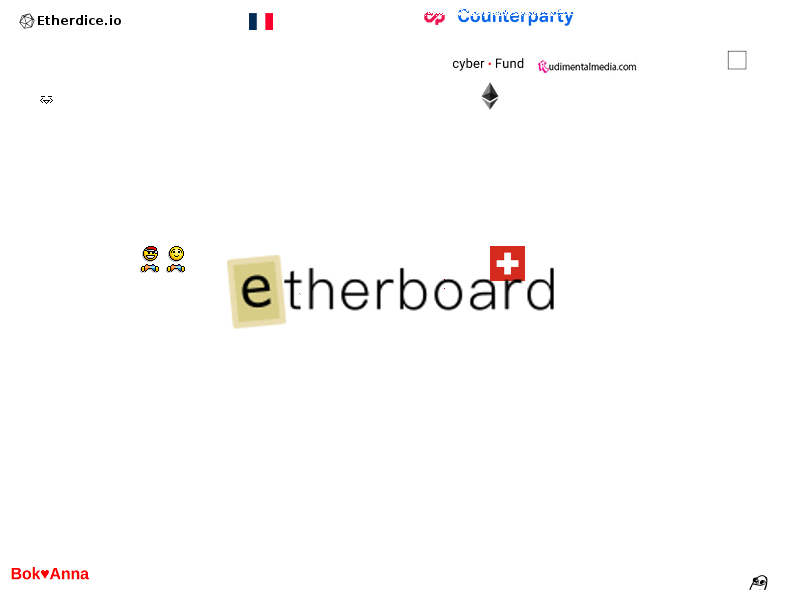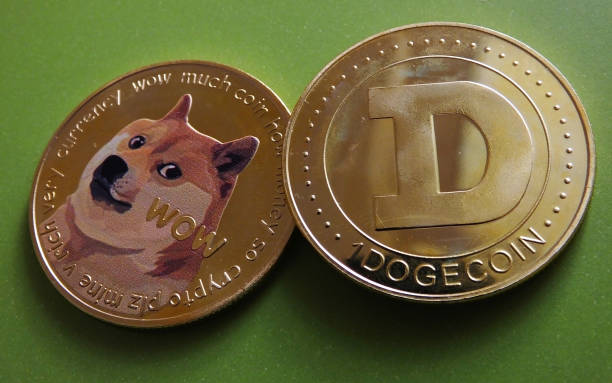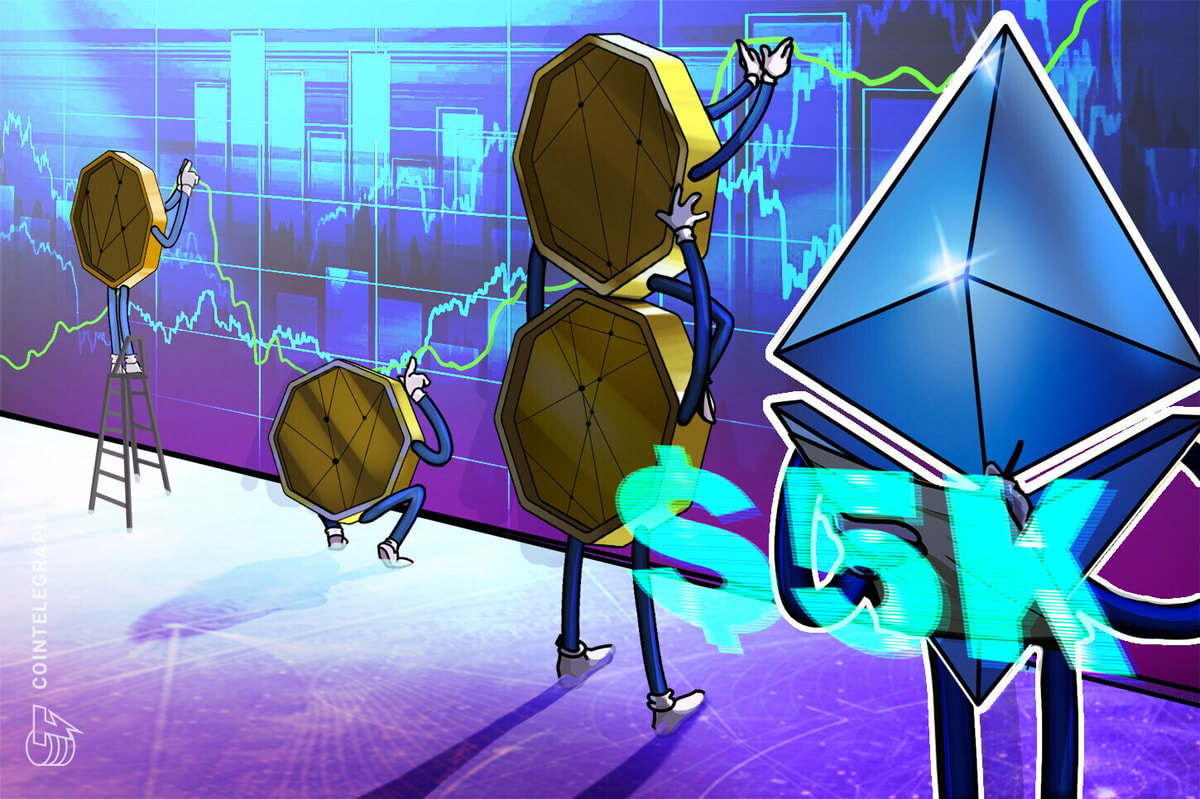February 1, 2016 – etherboard.io launches the first smart-contract driven ad-space, in a proof of concept similar to the million dollar homepage. The board allows anyone to pay Ether for pixels on the 1000×1000 area, as well as replace old changes at a premium. This development could make running individual ad-space much more profitable.
Also Read: Synthetic Cannabis Proliferates on the Dark Web
Etherboard Is A Simple Smart Contract
 At first glance Etherboard seems like a cool gimmick using Ethereum, a cryptocurrency that’s been gaining a lot of notoriety in the past few months. As it stands, though, the current advertising market is heavily centralized with brokerage fees on server and provider sides. The Etherboard is completely peer-to-peer, cutting down the process to a direct transaction without intermediaries. A generalized implementation for smart contract advertising could disrupt the entire market if it shows similar efficacy and adopts standard ad serving practices. Furthermore, It enables smaller businesses and individuals to get their name out by providing a platform where lower-priced alternatives are severely lacking.
At first glance Etherboard seems like a cool gimmick using Ethereum, a cryptocurrency that’s been gaining a lot of notoriety in the past few months. As it stands, though, the current advertising market is heavily centralized with brokerage fees on server and provider sides. The Etherboard is completely peer-to-peer, cutting down the process to a direct transaction without intermediaries. A generalized implementation for smart contract advertising could disrupt the entire market if it shows similar efficacy and adopts standard ad serving practices. Furthermore, It enables smaller businesses and individuals to get their name out by providing a platform where lower-priced alternatives are severely lacking.
Etherboard works as follows: you start an Etherboard contract instance using geth or a GUI frontend, then send commands through the contract to set a space to the desired image with x,y, and hex RGB color values. Each pixel change charges you a small amount of ethereum, depending on how many times that pixel has been used. This is all achieved with around 150 lines of code. The contract is open and posted on the site, so peer auditing is a given. This style of doing business is easier to govern for programmers than lawyers, and is more accessible to anyone with an interest in doing business with the smart-contract’s creator.
 What Etherboard truly showcases, however, is the power of smart contract applications. They can streamline complex processes that take time, energy and manpower to the point of being trivially simple, while removing room for user error. The decentralized nature of smart-contracts enable the individual in places usually bogged down by lawyers, brokers, and payment processors to conduct business in a way never before possible for a small first party. Expect to see more surface applications for smart contracts in areas of the web dominated by centralized services and large corporations (looking at you Google.)
What Etherboard truly showcases, however, is the power of smart contract applications. They can streamline complex processes that take time, energy and manpower to the point of being trivially simple, while removing room for user error. The decentralized nature of smart-contracts enable the individual in places usually bogged down by lawyers, brokers, and payment processors to conduct business in a way never before possible for a small first party. Expect to see more surface applications for smart contracts in areas of the web dominated by centralized services and large corporations (looking at you Google.)
What applications do you see coming to smart-contract development? Be sure to let us know in the comments!
Images courtesy of Wikimedia Commons, etherboard.io











